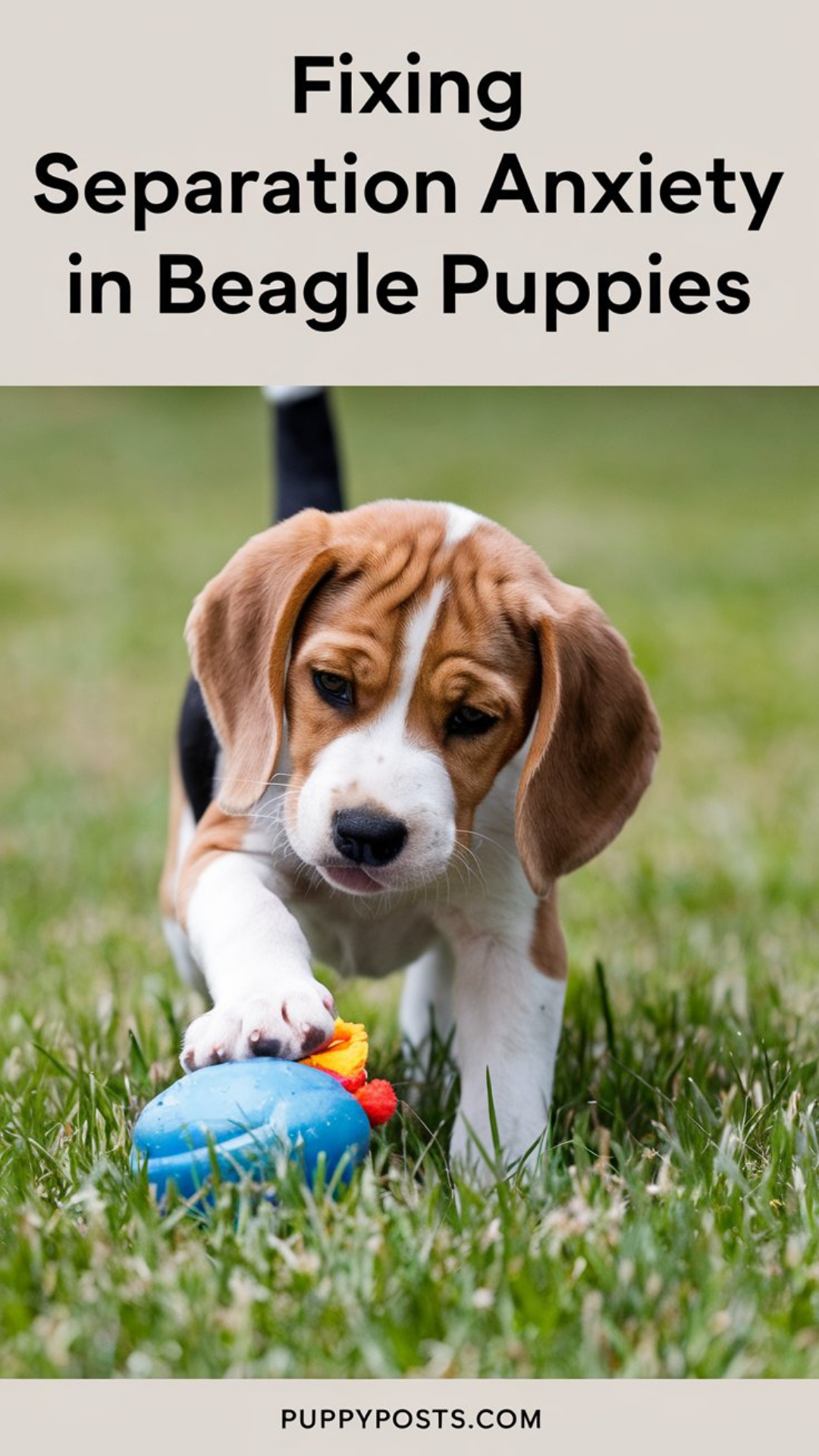Fixing separation anxiety in Beagle puppies
Listen, separation anxiety in Beagle puppies isn’t just a little problem you wait out—it’s a serious behavior issue that can cause stress for both you and your dog. I’ve spent over a decade as a veterinarian and running a sanctuary for stray dogs and cats, and I’ve seen how untreated separation anxiety can turn a happy pup into a nervous wreck.
Beagles are smart and social dogs, but when left alone without proper training, their anxiety can spike. You need to step up calmly and consistently to help your puppy feel safe and secure—even when you’re not around.

Understand What Drives Separation Anxiety
Separation anxiety often stems from a pup’s fear of being abandoned or isolated. Beagles crave companionship, and sudden or prolonged alone time can trigger destructive behaviors like barking, chewing, or even attempts to escape.
Step 1: Create a Safe, Comfortable Space
Set up a cozy area where your puppy feels secure. Use a crate or gated space with familiar toys and blankets. A safe spot helps your Beagle associate alone time with comfort, not fear.
Step 2: Practice Short Departures
Start by leaving your puppy alone for just a few minutes at a time. Gradually increase the length of these absences. Keep departures and arrivals low-key to avoid creating extra anxiety around those moments.
Step 3: Provide Mental and Physical Exercise
A tired Beagle is less likely to panic when left alone. Give your puppy plenty of playtime, walks, and training sessions before you leave. Mental stimulation is just as important as physical activity to reduce stress.
Step 4: Use Positive Reinforcement
Reward calm behavior when you return home or when your pup stays relaxed during your absence. Treats, praise, and affection reinforce the idea that being alone isn’t something to fear.
Step 5: Avoid Punishment
Never scold or punish your puppy for anxiety-driven behaviors like barking or chewing. Punishment only increases stress and damages trust. Instead, focus on positive training techniques and patience.
Step 6: Consider Professional Support
If your Beagle puppy’s separation anxiety is severe, don’t hesitate to consult a professional trainer or veterinary behaviorist. Early intervention with expert guidance can make all the difference.
Bottom Line
Separation anxiety doesn’t have to ruin your relationship with your Beagle puppy. With patience, steady leadership, and consistent training, you can help your pup feel confident and calm—even when you’re not in the room.






